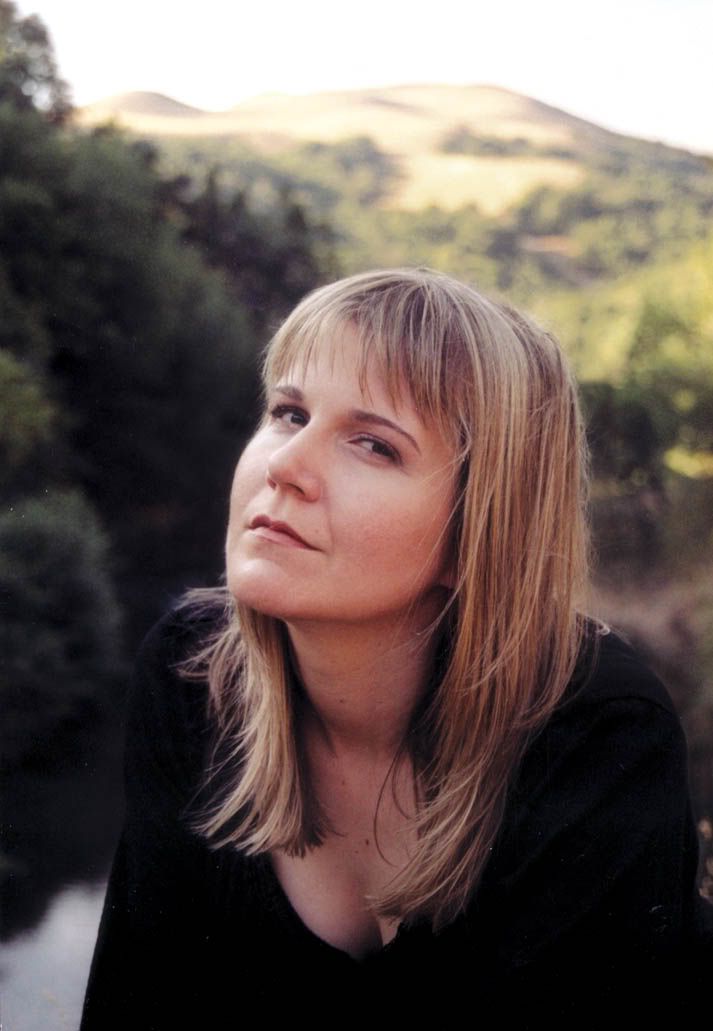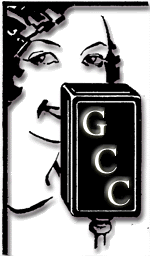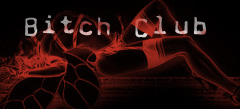I’ve been having some interesting discussions with other writers on the issue: what is success? Some see success as selling a bunch of copies of one’s book, and producing a book a year. Some see success as something less quantifiable—a personal best, if you will, an art-for-art’s sake kind of endeavor.
My view is this: If a writer who consistently remains on bestseller lists is automatically a better writer than one who doesn’t, then that means Dan Brown is a better writer than Marilynne Robinson. In which case, I have to drink bleach.
If quality is all about monetary success, then Britney Spears is a musical genius. If success=money, then Coldplay is actually the best band in the world right now. GUH.
It’s appeal. The DaVinci Code is popular because of the plotting. If you’re wondering whether there are any humans left who haven’t read this book, the answer is yes. Me. I did buy it at a used book sale to benefit Hospice of Marin, so I don’t feel it was wasted money. BUT I didn’t make it past the first chapter, because the writing to me was HORRID.
Yet the novel is an international sensation. I’m told it deals with sex, God, and money. Those are three irresistible elements in storytelling. Oh, and it’s blasphemous. That always helps.
It’s no secret this book was marketed to the hilt. A bookseller friend of mine (I won’t name the chain) told me that booksellers at her store were instructed, by management, to walk around the store carrying a copy of The DaVinci Code. When customers were browsing, they were to point the customers to this book and tell them how much they, the booksellers, were enjoying it.
Even now it seems there are endless features on CNBC and elsewhere about The DaVinci Code. It’s like a commercial for itself.
Commercial Success=Appeal+Packaging
Example:
Awhile back, I read the book of a romance author who’d crossed to a different genre. The cover reflected the author’s new genre, but when I opened it, it was still the same author’s voice. I still saw the writer behind all of it. It seemed like the same sort of book, even though it was being sold as something else.
When I first read The Secret History by Donna Tartt, it was the Mass-Market-Paperback version. There’s something about that particular shape and size and smell of book that automatically gives me certain assumptions. That is: it’s quick, it’s plotty, it’s cheap, it’s disposable. The Tartt cover even had a John Grisham blurb right in the front. And although I KNEW this was the brilliant Donna Tartt—something about that novel still made me internally dismiss the novel as “just another thriller.” I tell you it was that MMPB smell, shape and finish. Now, I was blown out of my chair by that book. But seeing it the way it was packaged, I didn't approach it the same WAY as I read The Little Friend a few years later, as a trade paperback.
Which tells me: It’s all about the package. Or a lot of it is, anyway.
Artistic Success=Talent+Inspiration
This is so difficult to quantify it’s not even funny. So I won’t even try. But I will give you a few examples of artistic success:
Gilead by Marilynne Robinson
Twenty Love Poems and a Song of Despair by Pablo Neruda
How to be Lost by Amanda Eyre Ward
Music for Torching by A.M. Homes
Happy Baby by Stephen Elliott
The Lovely Bones by Alice Sebold
Veronica by Mary Gaitksill
My opinions only, of course.
Often artistic success intersects with commercial success. Sometimes, as with Gilead, the commercial success only really comes after the artistic success has been acknowledged. Movie tie-ins can help books that are highly artistically successful reach commercial success. Sometimes books that are artistically successful just strike a nerve and make big bucks that way, like Alice Sebold’s The Lovely Bones, which came out during a string of missing-young-women cases and, by the way, was highly pushed by the buyer for one of the big bookstore chains.
And lest you think I am knocking genre fiction, there are genre writers whose work I never miss, Lee Child's and Dennis Lehane's being two of them. There are several genre writers who have successfully married artistry and commercial success. And boy, wouldn't we all like to have some of what THEY'RE having...
So artistic success and commercial success are not mutually exclusive. But they definitely aren’t the same.
Think of it this way, if artistry were reflected by sales then McDonald’s would be the VERY BEST RESTAURANT in the world. Who needs filet mignon or lobster bisque when you can have a flippin' QUARTER POUNDER?
I rest my case.








<< Home